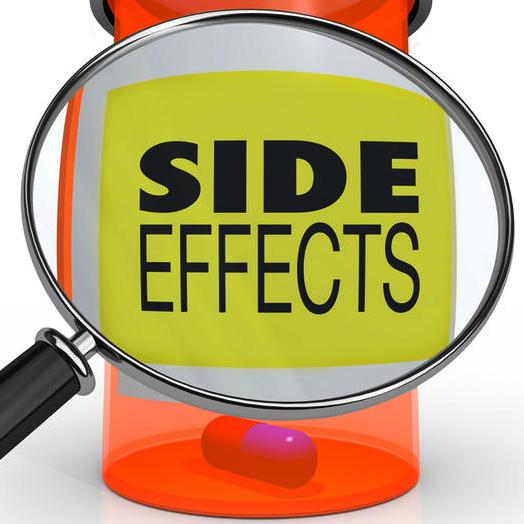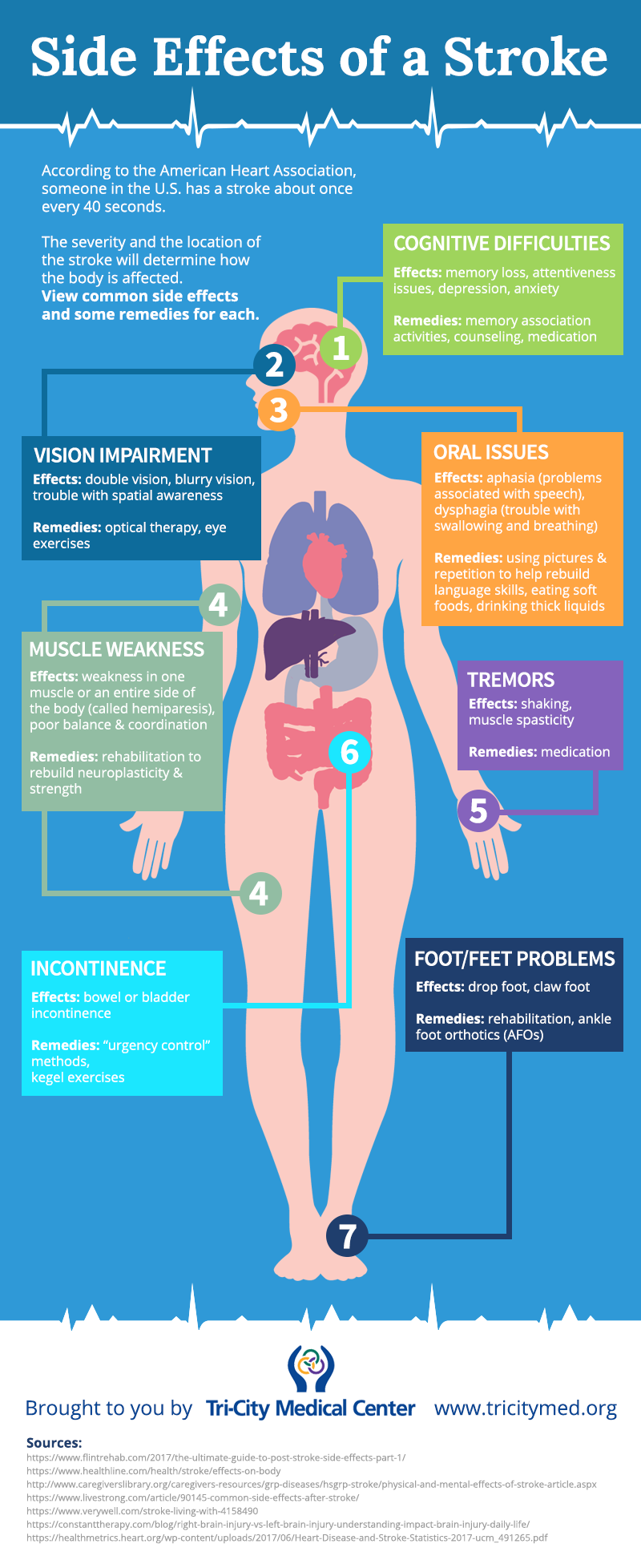

Make sure you understand what will happen and get answers to any questions you may have before you begin hormone therapy.įeminizing hormone therapy typically begins by taking the medicine spironolactone (Aldactone). You should start feminizing hormone therapy only after you've had a discussion of the risks and benefits as well as treatment alternatives with a health care provider who has expertise in transgender care. People younger than age 18, along with a parent or guardian, should see a medical care provider and a behavioral health provider with expertise in pediatric transgender health to discuss the risks and benefits of hormone therapy and gender transitioning in that age group. Your goals and expectations of treatment.Support from family, friends and caregivers.Risky behaviors, such as substance use or use of unapproved silicone injections, hormone therapy or supplements.The impact of gender identity at work, at school, at home and in social settings.You also might have a behavioral health evaluation by a provider with expertise in transgender health.

Discussion about sperm freezing and fertility.Identification and management, if needed, of tobacco use, drug use, alcohol use disorder, HIV or other sexually transmitted infections.Screening tests for some conditions and diseases.A review of your personal and family medical history.This helps address any medical conditions that might affect your treatment.

How you prepareīefore you start feminizing hormone therapy, your health care provider assesses your health. That procedure is called sperm cryopreservation. If you want to have biological children, talk to your health care provider about freezing your sperm before you start feminizing hormone therapy. Even after stopping hormone therapy, your testicles might not recover enough to ensure conception without infertility treatment. That is particularly true for those who start hormone therapy before puberty begins. The risk of permanent infertility increases with long-term use of hormones. If possible, it's best to make decisions about fertility before starting treatment. Fertilityįeminizing hormone therapy might limit your fertility. To minimize risk, the goal for people taking feminizing hormone therapy is to keep hormone levels in the range that's typical for cisgender women. But the risk is not greater than that of cisgender women.


 0 kommentar(er)
0 kommentar(er)
